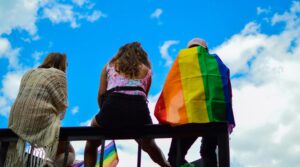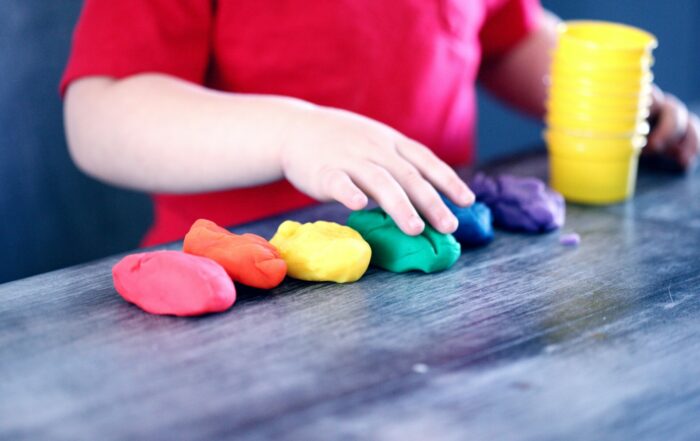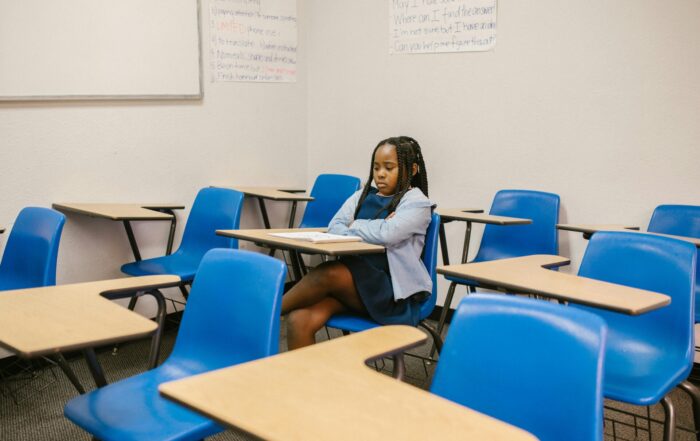By American Psychiatric Association
Violence against the LGBTQ community has increased over recent years. In 2016, the Pulse nightclub shooting in Orlando shocked the nation—with a single gunman killing 49 people and wounding 53 others at the gay nightclub. The Pulse attack remains the most extreme assault on the gay community, but it was far from being an isolated case. When the National Coalition of Anti-Violence Programs (NCAVP) released its 2016 annual report, the data showed that it was the deadliest year on record for the LGBTQ community since NCAVP began record-keeping on anti-LGBTQ hate crimes in 1996. However, 2017 proved even worse, with anti-LGBTQ hate crimes rising 86% from 2016. LGBTQ people of color—particularly transgender people—are disproportionately affected by these hate-crimes. According to the Human Rights Campaign (HRC), at least 15 transgender women, all of whom were black, were killed in 2019.
Share This Post!
Essential Elements of a Trauma-Informed Juvenile Justice System
NCTSN Trauma-informed policies and procedures make juvenile justice organizations safer and more effective by ensuring the physical and psychological safety of all youth, family members, and staff and promoting their recovery [...]
How Childhood Trauma Can Impact the Brain
Written by Kaytee Gillis, LCSW A recent study published in Biological Psychiatry: Cognitive Neuroscience and Neuroimaging finds that childhood trauma can lead to disruptions in two main regions of the brain, the default mode network (DMN) and [...]
Posttraumatic Stress Disorder: The Missed Diagnosis
National Institute of Health Posttraumatic stress disorder (PTSD) is frequently under-diagnosed in maltreated samples. Protective services information is critical for obtaining complete trauma histories and determining whether to survey PTSD symptoms [...]
Types of Therapy for Childhood Trauma Explained
Medically reviewed by Akilah Reynolds, PhD — Written by Mandy French on August 30, 2023 Childhood trauma can affect people in various ways. There are many therapy options to help treat the effects of this trauma. A [...]
The Intersection of Childhood Trauma and Addiction
By Shannon Karl Substance dependence leads to persistent negative consequences and the loss of human potential. These consequences often include chronic health problems, dysfunctional family environments, harmful economic impacts and premature [...]
Helping Children and Adolescents Cope With Traumatic Events
By National Institute of Mental Health Every year, children and adolescents experience disasters and other traumatic events. Family, friends, and trusted adults play an essential role in helping youth cope with [...]








